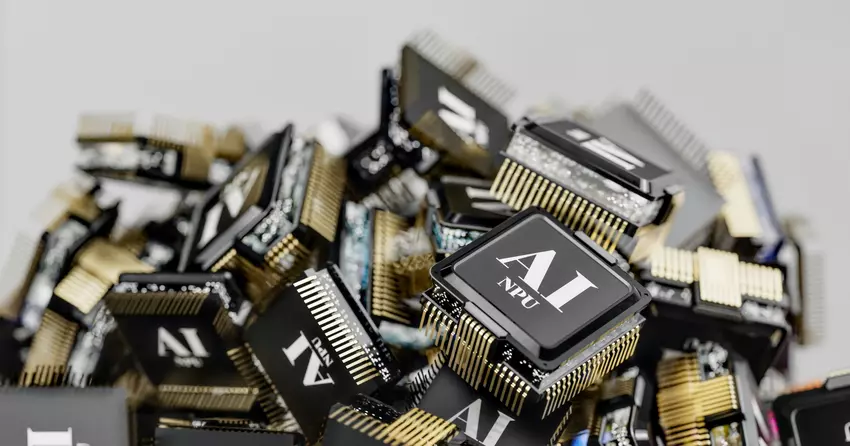
Alibaba To Develop AI Chip Amid Limited Nvidia Supply for China
According to the Wall Street Journal, Alibaba is developing a new cloud-computing chip. The move comes in response to US restrictions limiting China’s access to Nvidia’s chips, and Beijing’s efforts to build a self-sufficient AI supply chain.
Unlike its earlier, more specialized processors focused on training AI models, the new chip is designed to handle a wider range of AI inference tasks. AI inference is the process of using trained models to make predictions or generate outputs based on new input data. Chinese companies still rely heavily on Nvidia’s most advanced hardware for AI inference projects.
US export restrictions on these tools, combined with limited access to cutting-edge equipment in Chinese factories, make it difficult for companies to compete in the AI race. Although the Trump administration briefly allowed Nvidia to ship its H20 processor to China, Beijing later advised companies to refrain from using US chips due to security risks.
To overcome the chip shortage, Alibaba is now focusing on domestic chip design and production, people familiar with the matter told the WSJ. Formerly a major Nvidia client with processors made by Taiwan’s TSMC, Alibaba’s new chip will be entirely designed and manufactured in China.
Other Chinese companies are also stepping in. According to sources cited in the WSJ report, Shanghai-based startup MetaX introduced an H20 alternative in July, relying on older technology but boasting comparable performance by pairing two smaller chips together. The chip, scheduled for mass production, offers greater memory capacity but consumes more power.
Beijing is backing domestic AI development and production efforts with substantial investments, most notably the $8.4 billion AI fund unveiled in January. Huawei leads with its Ascend processors, which, according to some analysts, surpass Nvidia’s flagship Blackwell chips on certain benchmarks, although with higher power consumption. However, Chinese engineers say that local chips, including those from Huawei, frequently overheat or fail during training.
AI model training remains China’s biggest vulnerability due to the heavy reliance on Nvidia’s most advanced chips. Alibaba’s latest processor, which is aimed at inference rather than training, doesn’t directly address these fundamental challenges.
OpenAI rival DeepSeek recently sparked a stock surge in China after suggesting on social media that its software, paired with improved domestic chips, could train some AI models. Earlier this year, the debut of DeepSeek’s R1 model caused a drop in stock prices in the US.















